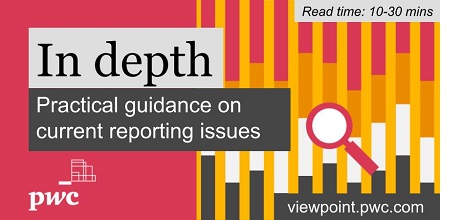Recherche dans une section
Sélectionnez une section ci-après et tapez votre recherche. Pour faire une recherche globale, cliquez sur IFRS In depths

Favorited Content
© #year# Contenu protégé par droit d’auteur et réservé à votre propre usage. Ne pas diffuser. Documents téléchargés sous licence à partir du site Viewpoint de PwC (viewpoint.pwc.com).

Sélectionnez une section ci-après et tapez votre recherche. Pour faire une recherche globale, cliquez sur IFRS In depths











